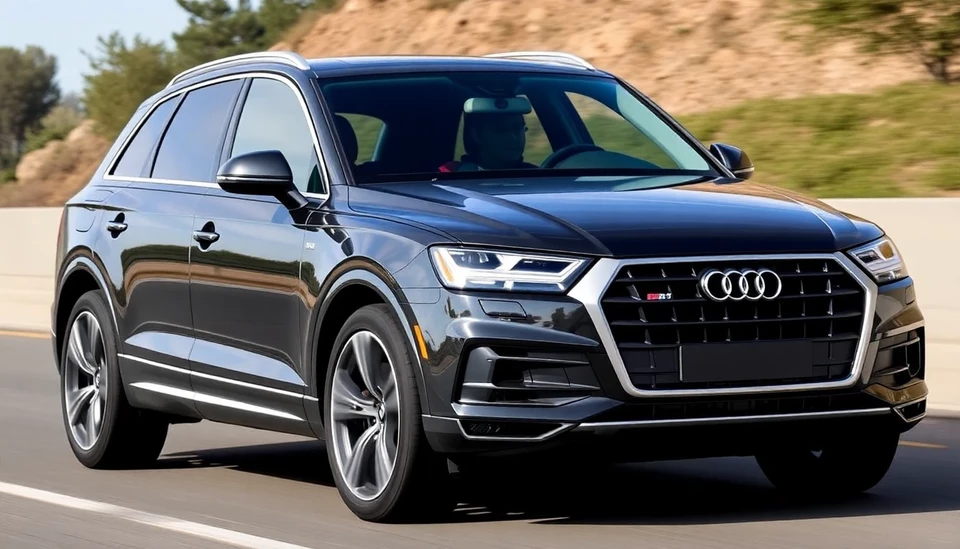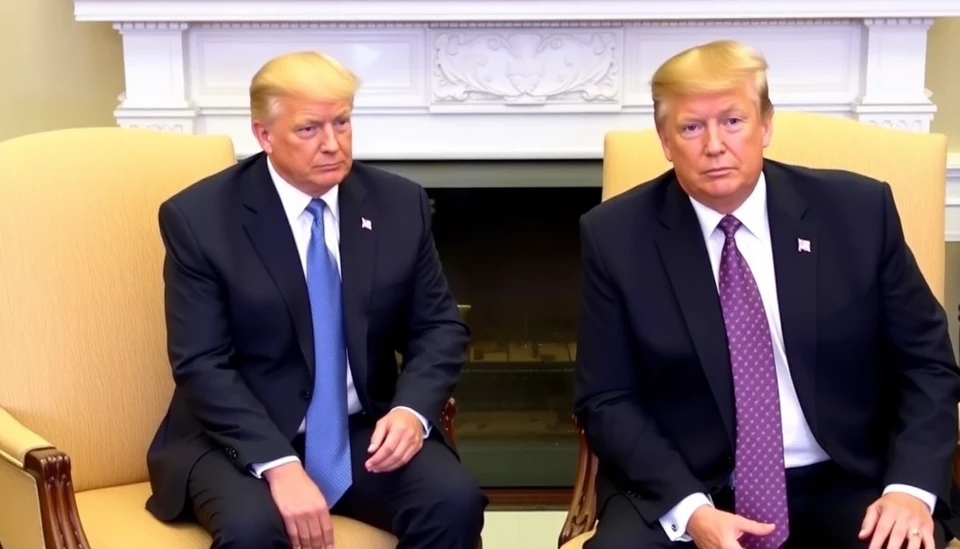
Audi's bestselling SUV, the Q5, has become virtually unsellable in the United States market, mainly attributed to the tariffs imposed during the Trump administration. This situation has caused significant financial strain on the German automaker, impacting both sales volumes and market strategy.
The levies on imported vehicles, particularly those manufactured in Europe, have changed the dynamics of how Audi approaches its U.S. operations. The tariffs significantly increase the costs associated with importing vehicles, and for the Q5, this has translated into a prohibitive price point that many consumers are unwilling to meet.
Previously, the Q5 was one of Audi's top performers, often leading the sales charts among luxury SUVs. However, since the implementation of these import tariffs, which witnessed the percentage levied on imported cars rise dramatically, potential buyers have found themselves alienated from the luxury SUV segment. This has resulted in Audi re-evaluating how they position the Q5 in the American market amidst these challenges.
Automakers like Audi are now forced to reconsider their production strategies, possibly looking into establishing manufacturing facilities within the U.S. borders to mitigate the financial effects of tariffs. Such measures would not only help them to regain market share but also shield themselves against further fluctuations in global trade policies, which appear to be a consistent source of uncertainty.
Additionally, the market landscape for luxury vehicles in the U.S. continues to evolve, with luxury brands vying for the attention of a discerning consumer base that demands both quality and affordability. As Audi grapples with the impact of tariffs, other luxury brands are capitalizing on the opportunity to attract those potential customers who may have once considered the Q5. This is reshaping competitive dynamics within the luxury SUV segment.
In light of these challenges, industry experts are closely monitoring Audi’s next steps. The company must find a way to sustain its presence in the U.S. market without compromising on its brand values or luxury appeal. This predicament highlights broader concerns about trade policies and their immediate impacts on global commerce, particularly within the automotive industry.
With the looming uncertainty surrounding tariffs and international trade agreements, consumers and manufacturers alike will be keenly observing how Audi responds to this critical juncture. The outcome could set a precedent not just for Audi, but also for other companies in the sector looking to navigate the increasingly complex landscape of global automotive sales.
Ultimately, Audi’s successful management of this situation could bridge the gap between luxury and accessibility, potentially restoring its standing in the highly competitive U.S. market.
#Audi #Q5 #SUV #TrumpTariffs #LuxuryCars #USMarket #AutomotiveIndustry
Author: Samuel Brooks




